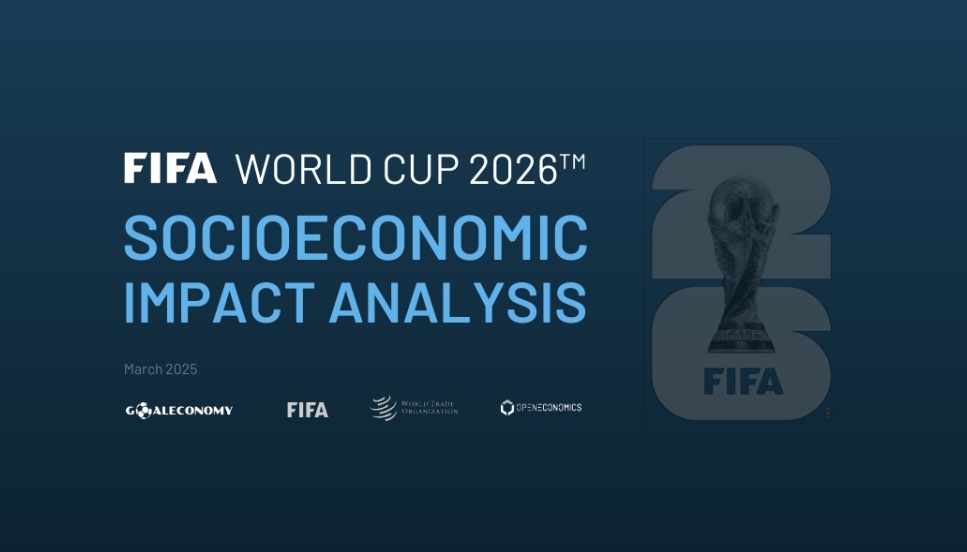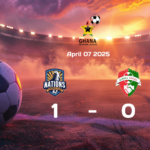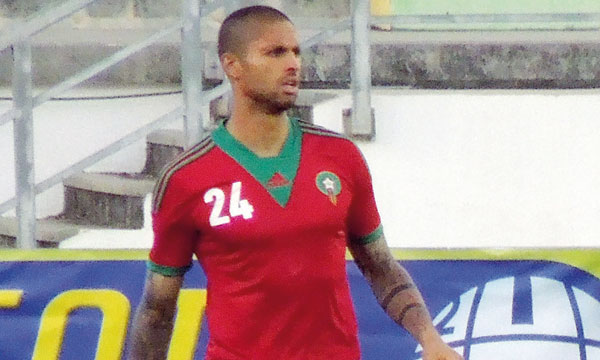A collaborative study conducted by FIFA and the World Trade Organization (WTO) has projected a huge economic windfall from the upcoming FIFA Club World Cup 2025™ and FIFA World Cup 2026™, with an estimated total global economic output of USD 47 billion.
The study also estimated the creation of 290,000 job opportunities in the United States, as the country gets ready to host both historic football tournaments.
The report, made by independent consulting firm OpenEconomics, came out on Saturday and provides an in-depth breakdown of the projected socioeconomic impacts of the two events, both regionally within the U.S. and globally.
A Game-Changer for the Global Economy
The 2026 FIFA World Cup™—largest ever, with 48 participating teams and matches hosted across the U.S., Mexico, and Canada—is projected to generate USD 40.9 billion in global GDP. The report also projects USD 8.28 billion in social value and over 824,000 full-time equivalent jobs worldwide, including 185,000 in the United States alone.
“The World Cup is not merely a football event; it’s a driver of economic change,” added FIFA President Gianni Infantino. “These statistics reflect the actual and sustained contribution football can make to society.”
Club Football’s Global Stage
The 2025 FIFA Club World Cup ™—the new expanded 32-team premier club format—will make its debut in 11 U.S. cities. It is expected to attract 3.7 million spectators, inject USD 9.6 billion into the U.S. GDP, and sustain approximately 105,000 U.S. jobs.
Social returns on the Club World Cup have been put at USD 3.36 billion and a worldwide contribution to GDP of USD 21.1 billion, making the tournament a sporting and economic giant.
A Vision Beyond the Game
Both studies used methods in line with OECD standards, applying Social Return on Investment (SROI), direct and indirect economic worth, and worldwide references from the World Bank, WTO, ILOSTAT, and others.
The initiative is one of the outgrowths of the Memorandum of Understanding (MoU) between FIFA and the WTO, signed in 2022 and aimed at working towards realizing football’s potential for driving inclusive and sustainable economic progress.
“This is a testament to our shared vision of how football can enable economic inclusion and prosperity in the world,” WTO Director-General Dr. Ngozi Okonjo-Iweala stated.
As the U.S. prepares to welcome the world for back-to-back global championships, FIFA and the WTO are making a cogent case not only for soccer as a sport of passion but as a very serious force behind progress, investment, and opportunity.
Below is the study conducted by FIFA and the World Trade Organization (WTO):











